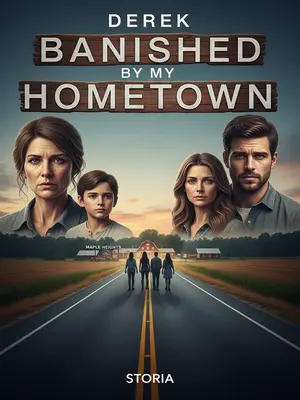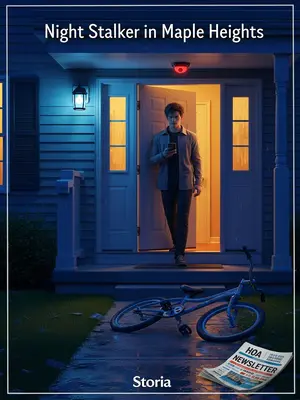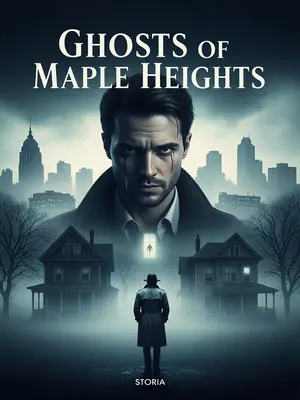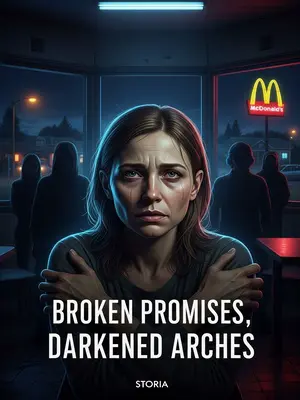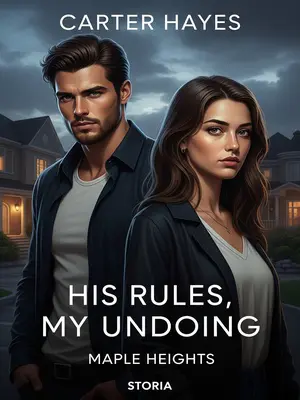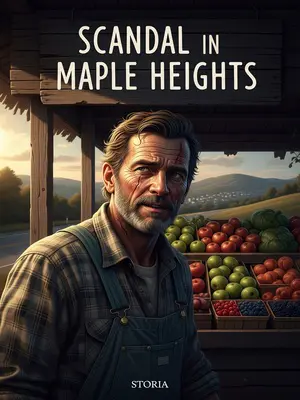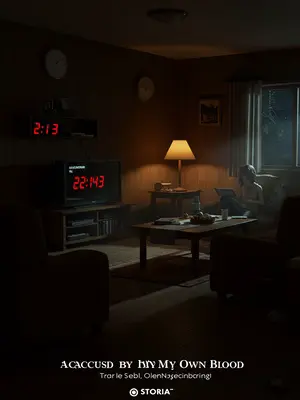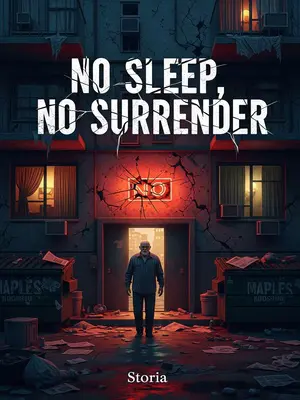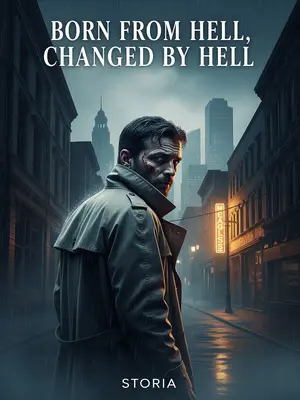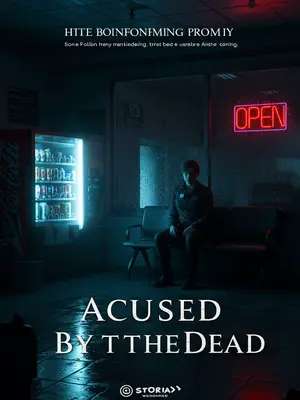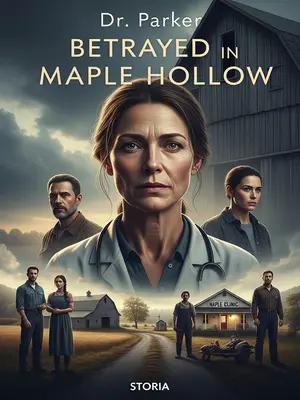Chapter 3: Redemption and Reversal
That guy had connections. When he got out of the hospital, he brought more than twenty thugs to jump Jay after school.
They waited for him in the parking lot, leaning against their pickups, arms crossed, eyes cold. Jay saw them coming, but didn’t blink. He squared his shoulders and walked right at them—daring them to make a move.
Jay pulled out a beer bottle, snapped off the bottom, and pointed the jagged glass at the crowd. “One for one. You think your life’s worth less than mine? Come on, then.”
His voice was steady, eyes blazing. He stood his ground, bottle in hand, daring anyone to step up. The thugs shifted, glanced at each other, hesitated. Jay didn’t move. You could feel the air crackling, like a storm about to break.
The thugs were all talk—nobody wanted to die for some punk. Believe it or not, they actually called the cops.
It was almost hilarious, in a sick way. The tough guys, who’d come to teach Jay a lesson, ended up dialing 911. When the squad cars pulled up, lights flashing, the whole thing turned into a circus. Jay just stood there, looking bored, bottle still raised.
When the cops got there, they laid into the thugs: “You guys nuts? He’s a kid. Can’t even charge him for murder.”
The cops just shook their heads, half-laughing, half-annoyed. One of them muttered something about “boys will be boys.” The thugs grumbled, but nobody pressed charges. Jay just tossed the bottle in the trash and walked home like it was nothing.
That stuck with Jay: minors can’t be tried for murder. He realized it right then.
It was a loophole, and Jay knew it. He started walking taller, chin up, acting untouchable. People whispered he was dangerous now, a loose cannon. But Jay didn’t care. As long as Marissa was safe, nothing else mattered.
So anytime someone talked crap about Marissa, Jay would show up with a knife and threaten, “Talking shit about my sister, huh? Let’s see you say it to my face.”
He made good on it, too. Showed up at people’s doors late at night, knife glinting in the porch light, voice low and cold. Word spread quick—mess with Marissa, and you’d answer to Jay. After a while, folks learned to keep her name out of their mouths.
After a few run-ins, nobody dared bother Marissa again. People realized: she wasn’t alone. She had Jay, and that was enough.
It was like the whole town flipped a switch. Marissa went from being everyone’s favorite target to someone you just didn’t cross. Jay’s loyalty was fierce, and everyone knew it. Even the worst gossips kept their distance, scared of what might happen if they pushed too far.
Jay was smart. He knew he’d grow up eventually—couldn’t protect Marissa forever just by being tough. What he needed was real skills.
He started thinking ahead—about the future, about how to protect Marissa without his fists. He realized threats only got you so far. So he started hitting the books, aiming for something bigger than Maple Heights.
So Jay changed his game—hit the books hard, dove into his studies.
He’d stay up late, hunched over textbooks, scribbling notes by the glow of a cheap desk lamp. Marissa would bring him snacks, quietly cheering him on. For the first time in ages, Jay started to believe he could do more than just fight back.
Most folks at the oilfield only had a high school diploma. All you needed for a plant job was a tech school degree—back then, nobody cared about “education” as much as “years on the clock.”
College was a pipe dream for most kids in Maple Heights. If you could swing a wrench and had a diploma, you were set. But Jay wanted more. He wanted to prove he was worth something.
Even when the plant manager rolled out a policy—anyone who got into college got their tuition paid and a $2,000 bonus—most kids just shrugged.
Nobody cared. But Jay saw an opening—a way out, a shot at a better life. The bonus alone was more money than he’d ever seen.
But Jay kept telling himself: If I can do what others can’t, that’s real ability.
He’d write it on sticky notes, stick them to his mirror, mutter it under his breath. It became his battle cry—his reason to keep going, even when it got hard.
There wasn’t a high school in town, but an old science teacher ran a remote pump station up in the hills. Jay brought him deer jerky and a bottle of bourbon, hoping for help.
He showed up at the old man’s trailer, hands full of gifts, nerves jangling. The teacher looked him up and down, wary at first, but the sight of homemade jerky and good bourbon softened him up. Jay explained what he wanted, voice steady, eyes fierce.
Funny thing—this teacher had once talked trash about Marissa, so when Jay knocked, the guy thought he was about to get a beating. He damn near jumped out of his skin.
But Jay just smiled, handed over the bourbon, and asked for help. Relief washed over the teacher’s face, clear as day.
Eventually, the old man was won over by Jay’s grit. He dug out battered old textbooks and started tutoring him. Even pushed Jay to head to Toledo for a real high school diploma.
They met a couple times a week, working through math and chemistry problems. The teacher saw something in Jay—a stubbornness, maybe, or just plain guts. He pushed Jay to apply to schools in the city, convinced he could make it if he tried.
The first year, Jay bombed the entrance exam. Second year, he got into the University of Michigan—about as good as it gets for oil workers.
The rejection stung, but Jay didn’t quit. He doubled down, studied harder, and tried again. When the acceptance letter finally came, Marissa cried. Jay just grinned, holding that letter like it was pure gold.
The plant manager was so proud, he sent a company car—real town car, driver in a suit—to drive Jay to Ann Arbor.

